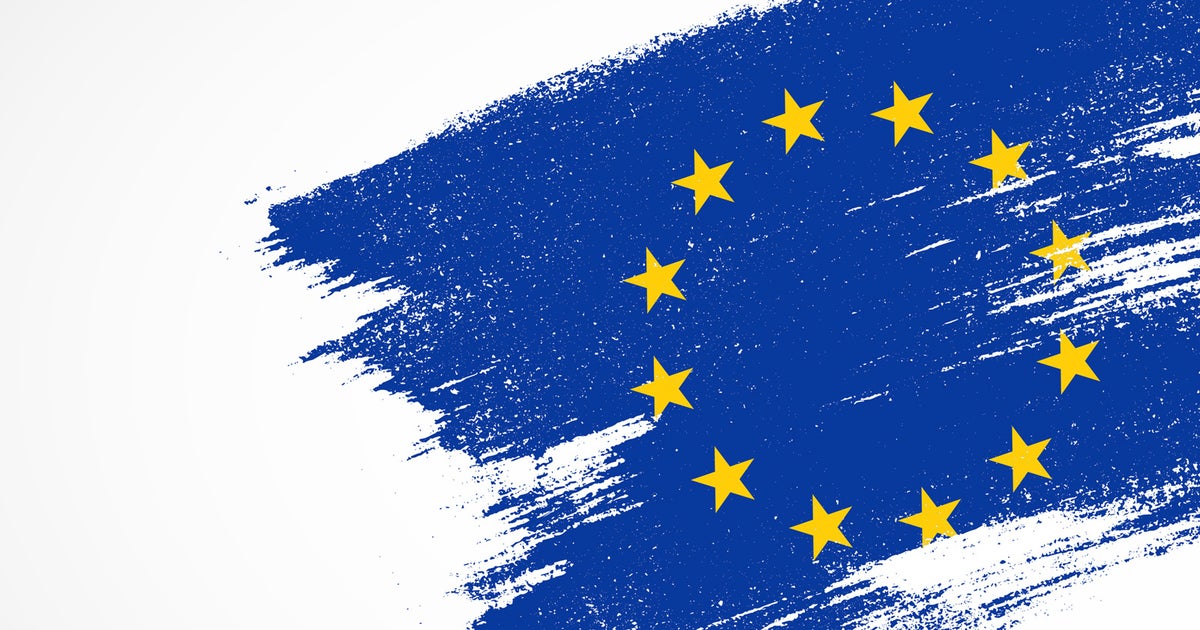
The boss of the European Commission has explained in detail why her agency approved Microsoft's $68.7bn Activision Blizzard deal - and why she thinks the UK was wrong to block it.
In a speech given yesterday, European Commission executive vice president Margrethe Vestager laid out the regulator's own "call of duty" to only block buyouts when really necessary.
"Merger control is by nature a forward-looking exercise," Vestager said. "But that power comes with challenges... And to make things even more complicated, for global deals many authorities are predicting the future, at the same time. Of course we cooperate, but disagreements sometimes happen. No less recently than last week, we cleared the Microsoft/Activision deal, while the CMA decided to block it."
Vestager said she believes regulators such as the EU's European Commission and the UK's Competition and Markets Authority (CMA) should not be concerned with how decisions are perceived.
"Currently, some people think that agencies should either block or clear mergers. Nothing in between. So if you block you are a 'tough' enforcer. If you clear, well, let's just say you are not perceived as tough.
"That is not our policy," Vestager continued. "Framing enforcement in a binary decision (to clear or to block) is limitative. There will be cases where competition issues cannot really be solved by a divestment, and the market will not necessarily be better off if we block the merger.
"Occasionally, we reach decisions that are not aligned with every other jurisdiction. So I'd like to take a few moments to set out why we believe the Microsoft/Activision merger - with appropriate remedies - is not only compatible with the Single Market, but in fact represents a positive development."
Vestager discussed the decision her agency came to when deciding the Microsoft deal's impact on console competition - something the EC and CMA ultimately agreed upon - and the conclusion that Xbox owning Call of Duty would not unfairly impede PlayStation.
"The overall market share for Microsoft and Activision was generally low in Europe. It's only when you look at specific segments like 'shooter games' that you get to above 20 percent. And for consoles, Sony sells about four times more PlayStations than Microsoft sells Xboxes. With this context, we did not think the merger raised a vertical issue.
"I am told Call of Duty is a very popular shooter franchise," Vestager continued. "But we found that Microsoft would probably not shoot itself in the foot by stopping sales of Call of Duty games to the much larger PlayStation player base. Our colleagues at the CMA agreed with us and ultimately reached the same conclusion."
Vestager then discussed the issue of cloud gaming, the other major area of contention for regulators - the one where Europe and the UK ultimately disagreed.
"We accepted a 10-year free license to consumers to allow them to stream all Activision games for which they have a license via any cloud service," Vestager explained. "And why did we do this instead of blocking the merger? Well, to us, this solution fully addressed our concerns. And on top of that, it had significant procompetitive effects.
"Consider the pre-merger situation, where Activision does not license its games to cloud services. So, in this case, the remedy opens the door for smaller cloud services in the EU to offer big games on their platforms, widening choice for gamers. The merits of this remedy was recognised across the spectrum - by developers, by cloud gaming providers, by distributors and of course also by consumer groups. And that is because it unlocked the potential of the cloud market."
The UK's regulator disagreed with this assessment - and has already commented on why it came to a different conclusion to its European colleagues. In short, the CMA did not want to predict and police the cloud gaming market over the next decade and beyond, even with Microsoft's proposed remedies in place.
It's a decision which has left the UK as a global outlier on its assessment of the deal - and something the UK's own politicians do not seem particularly thrilled by - saying it has raised questions over whether the UK is "open for business". Microsoft and Activision, of course, have also made their own feelings clear.
Microsoft has now lodged its formal appeal to the CMA, beginning what will be a lengthy process of seeking a fresh ruling.
As for Europe, Vestager's regulator seems comfortable with its conclusion.
"Our mission is... to find solutions that keep the game fair for all players," Vestager concluded, "working closely together with sister agencies as we do so. That is our Call of Duty."
